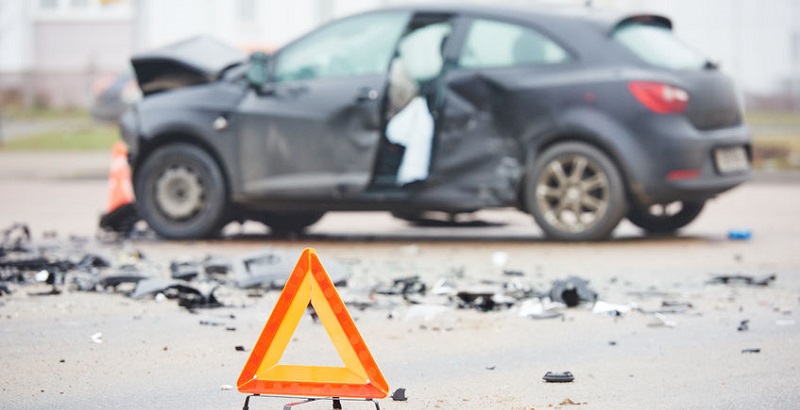Vehicle collision claims in Colorado have increased 2.7 percent compared with neighboring states since recreational pot use was legalized.
Colorado Among Those With Jump in Collision Rates
A little over a year ago, the Cato Institute, a public policy research organization, conducted a survey of those who were for legalizing recreational marijuana and those against. Supporters made many claims, one being that it would bolster traffic safety. Opponents said the total opposite: that legalizing pot would weaken traffic safety. Nearly a year later, and after a few more studies, results are mixed on the use of pot and traffic safety.
Who Is on the Insurance Industry Watch List?
In 2012, Colorado and Washington became the first two states to legalize marijuana for recreational use. In 2014, they were joined by Alaska and Oregon. Today, nearly a dozen states are considering the legalization of recreational pot. But a recent study may put the brakes on that. The Highway Loss Data Institute released a study showing that collision claims in Colorado, Washington, and Oregon, when compared with those in surrounding states where recreational pot use is illegal, have gone up 2.7 percent in the years since pot was legalized. Matt Moore, senior vice president of the institute, was quoted as saying:
“We believe that the data is saying that crash risk has increased in these states and those crash risks are associated with the legalization of marijuana.”
A Denver television station also noted the report and showed how, based on collision claims to insurance companies, Colorado saw a 14 percent increase in the number of claims after recreational pot was legalized, compared with neighboring states where recreational pot is not legal.
Not everyone agrees with the study. Most notably, Jeri Shepherd with Colorado NORML, a group advocating for the marijuana industry, says she can see what is called an increase in collision claims, but as she notes, “It does not indicate that these claimers are using cannabis themselves or under the influence of cannabis or alcohol or other substances. Part of the problem is they’ll say you find cannabis in somebody’s system, but that doesn’t mean you’re under the influence.”
Alcohol, Speeding, and Distracted Drivers Are Top Factors
Last year, deaths resulting from car accidents in Colorado jumped nearly 11 percent from 2015, making it the deadliest year on Colorado roads since 2005. Some 605 people were killed, including pedestrians and bicyclists. Nationwide, traffic fatalities in 2015 were also on the rise, ending what was a 5-decade trend of decreasing fatal accidents. In 2015, more than 35,000 people died in car accidents.
When it comes specifically to Colorado drivers and passengers, the Colorado State Police uses crash trends to explain why more people are killed today than in recent years on Colorado roads. According to their statistics from 2011 to 2014, the top three reasons for crashes resulting in death or injury were:
- Inattentive or distracted driving, 19 percent
- Excessive speeding/legal speed, 17.2 percent
- DUI/DUID, 13.8 percent.
As noted, DUI/DUID is among the most common reasons for auto accidents.
So, regardless of where you stand on the pot issue, Colorado authorities will continue to hammer home the message that if you drive high, you are at risk of getting a DUI. That message is part of an outreach campaign that warns drivers about recreational marijuana and its effects on drivers.

